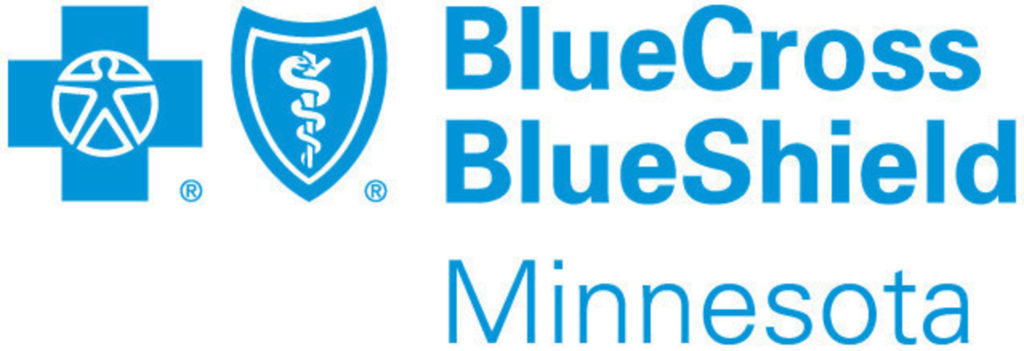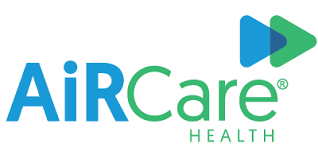The CDC is encouraging the liberal use of telehealth tools in response to the COVID-19 pandemic. Telehealth technology, originally designed to give patients who live far from a provider reliable access to care, is now being used much more widely as a way to screen and diagnose patients without risking the spread of COVID-19 through personal contact.
- Telemedicine reduces the spread of COVID-19.
- Virtual consultations allow doctors to triage patients without the risk of spreading the virus to other patients and care professionals. Telemedicine uses video calls to allow medical staff to find out whether in-person care is urgently needed or if a person can continue to self-monitor symptoms at home.
- Telemedicine extends scarce healthcare resources by conserving in-person resources for patients in critical need of in-person care.
- Telemedicine addresses shortages by freeing up staff and medical supplies who those who become seriously ill from COVID-19. Telemedicine has the potential to address increasing patient volumes and has proven to do so throughout this pandemic.
- Telemedicine helps make care accessible and affordable.
- Telemedicine is convenient and allows patients to receive care in the comfort of their own homes. The Department of Health and Human Services expanded telemedicine eligibility to all geographic locations and said that video platforms, like FaceTime and Skype, are temporarily acceptable for healthcare providers to use during the pandemic. Several insurance companies are also waiving copays for virtual visits during the pandemic.
- Telemedicine increases patient engagement, ultimately leading to better clinical outcomes and reduced healthcare costs.
- The use of telemedicine has been shown to allow for better long-term care management with higher patient satisfaction. It offers a new means to locate health information, communicate with practitioners, and access follow-up care.
Advancing Telemedicine in Medical Alley
Our members are at the forefront of advancing telemedicine to help reduce the spread of COVID-19, combat shortages, and improve patient care. Telemedicine is the future of healthcare and companies in Medical Alley are leading that charge. Below are a few of the ways Medical Alley’s digital health companies are working to keep people healthy and out of the hospital:
Medical Alley is working to reduce the spread of COVID-19 through digital health.

Zipnosis, a Minneapolis-based virtual care company, can help providers respond to the rise of virtual care. Zipnosis aims to empower providers across the country to offer virtual care in their local communities. Since COVID-19’s arrival, Zipnosis has been committed to helping all of our healthcare providers and the 300 million plus Americans they care for navigate this evolving pandemic.

Carrot Health is a Minneapolis-based software company that integrates social, behavioral, environmental, and economic data into their healthcare analyses to deliver a holistic view of the health consumer. Carrot Health developed a COVID-19 Critical Infection Risk Dashboard that provides analytics on the spread of the virus; the risk index predicts which communities and populations may be most susceptible to negative impacts from the coronavirus outbreak.
Telehealth addresses capacity during a pandemic by conserving in-person resources for patients in the most critical need of in-person care.

Allina Health is helping reduce the spread of COVID-19 by offering free online screenings, which are available 24/7 and take about 15 minutes to complete. The screening system is powered by the aforementioned Zipnosis.

Because they serve a populace that may not have easy access to broadband, CentraCare is using both online and over-the-phone screening tools to help patients assess whether they should come into a clinic or stay at home.

SupDoc is a virtual visit startup that provides a free COVID-19 screening in addition to their fully virtual healthcare service. Their service offers a cost-efficient way to receive treatment from a variety of local providers without needing to have been seen in the clinic previously.
Telemedicine helps make care accessible and affordable.

Chanl Health delivers at-home cardiac rehabilitation and prevention programs at a fraction of the cost of traditional rehab programs. They provide support for the patient from the time they are discharged from hospital, through cardiac rehab, and into maintenance. Many cardiac rehab facilities are suspending their onsite programs. In response, Chanl Health is working to offer a version of their home-based cardiac rehab program to these sites at no cost to ensure their patients continue to get the support and guidance they need during this pandemic.

Celere Health is an industry-leading platform that integrates in-home healthcare, telehealth, and remote patient monitoring specifically for the elderly, very young, and other specialty populations. Their integrated platform aims to improve accessibility and user experience for these groups.

In March, Blue Cross and Blue Shield of Minnesota announced that all virtual care provided through Doctor on Demand would be available at no cost to all members whose benefits include coverage for Doctor on Demand. They also expanded access to allow their members to see their current healthcare providers virtually to aid in social distancing and minimizing COVID-19 exposure.
Telemedicine increases patient engagement, ultimately leading to better clinical outcomes and reduced healthcare costs.

Vidscrip is a digital communications platform that allows physicians to pre-record video messages for patients. During this pandemic, Vidscrip is offering a new program to bring COVID-19 specific messaging to all US physicians at no cost. The platform leverages Vidscrip’s proven track-record in improving patient outcomes by delivering important and timely information regarding COVID-19.

AiRCare Health is dedicated to better outcomes for patients with mental health and substance abuse disorders. They partner with employers and health plans to improve the well-being of individuals through personalized behavioral health services and data analytics.

Novu Health is aimed at engaging patients to improve their adherence to valuable healthcare activities through proven loyalty and behavioral science methodology.
